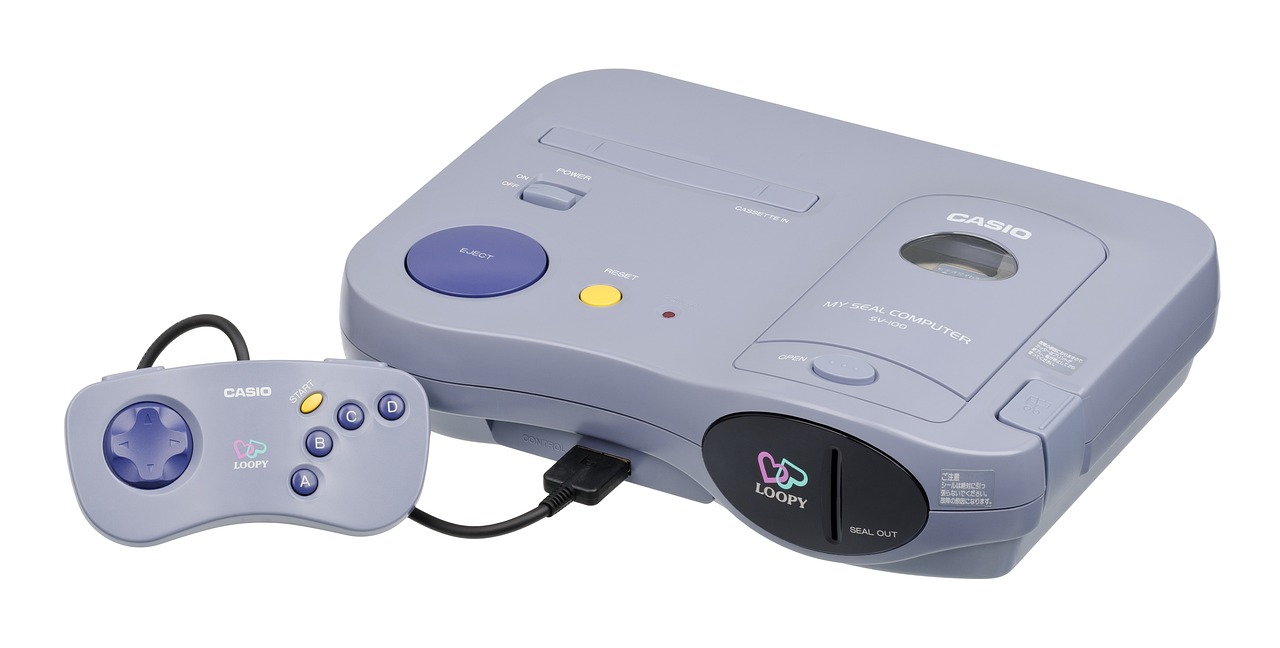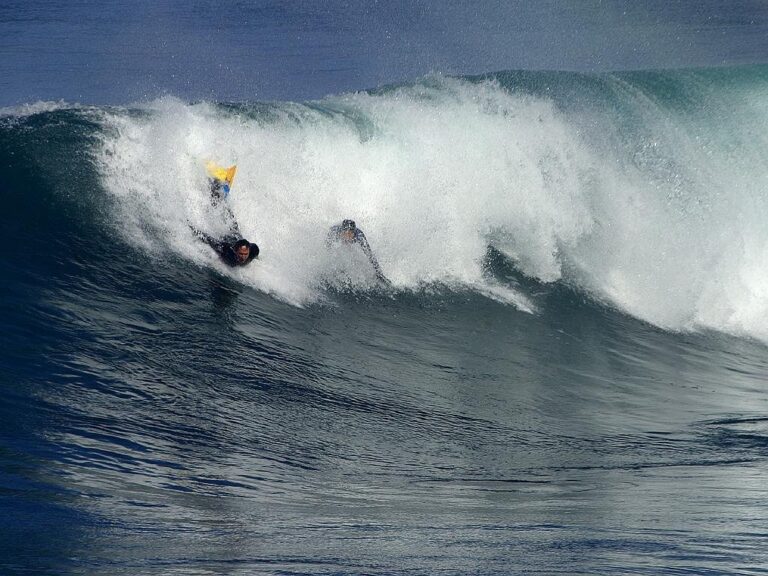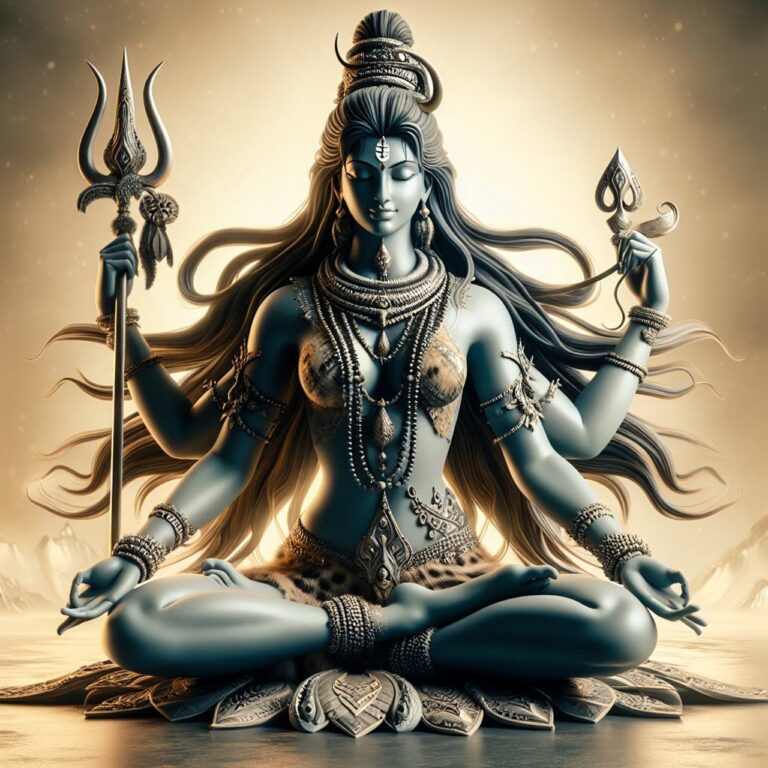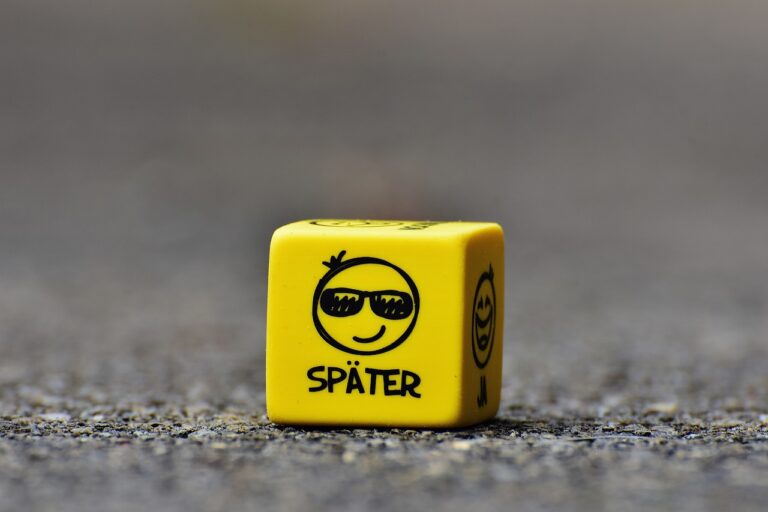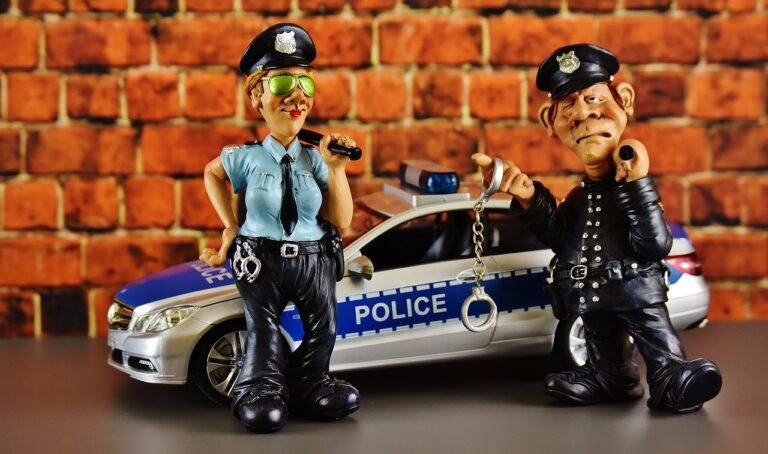The Influence of Historical Events on Film and Television Storytelling
World War II left an indelible mark on the landscape of film and television narratives, shaping the way stories were told for decades to come. The war served as a backdrop for countless movies and series, with themes of heroism, sacrifice, and the devastating impact of conflict permeating through these works. Filmmakers and showrunners drew inspiration from the real-life events of World War II, creating powerful narratives that resonated with audiences worldwide.
One of the key ways in which World War II influenced storytelling in film and television was through the portrayal of moral complexity and the blurred lines between good and evil. Characters were often depicted grappling with difficult choices and navigating the murky waters of war, showcasing the human cost and emotional toll of the conflict. This nuanced approach to storytelling provided audiences with a deeper understanding of the complexities of war and offered a reflection on the moral dilemmas that arise in times of immense strife.
• World War II shaped the way stories were told in film and television
• Themes of heroism, sacrifice, and conflict permeated through works
• Filmmakers drew inspiration from real-life events of WWII
• Moral complexity and blurred lines between good and evil portrayed in characters
• Characters depicted grappling with difficult choices and emotional toll of war
• Nuanced approach to storytelling provided deeper understanding of complexities of war
The Civil Rights Movement’s Influence on Diversity in Storytelling
The Civil Rights Movement in the United States played a pivotal role in shaping the way diversity is portrayed in storytelling across various media platforms. As the fight for equal rights and representation gained momentum, storytellers began to incorporate more diverse characters and perspectives into their narratives. This shift not only reflected the changing social landscape but also helped to challenge stereotypes and foster greater empathy and understanding among audiences.
In film and television, the influence of the Civil Rights Movement can be seen in the emergence of more nuanced and authentic portrayals of minority communities. Characters from different racial backgrounds, cultures, and identities were given more depth and complexity, breaking away from one-dimensional stereotypes that had been prevalent in earlier depictions. This shift towards diverse storytelling has not only enriched the creative landscape but also contributed to a more inclusive and representative media environment for viewers of all backgrounds and experiences.
The Vietnam War’s Representation in Film and Television
The Vietnam War left an indelible mark on American society, and this impact is reflected in the depictions found in film and television narratives. Films like “Apocalypse Now” and “Platoon” captured the brutality and moral ambiguity of the war, exposing the psychological toll it took on soldiers and civilians alike. These cinematic portrayals often highlighted the sense of disillusionment and confusion felt by those involved in the conflict, shedding light on the complex emotions engendered by the war.
Similarly, television shows such as “M*A*S*H” depicted the Vietnam War through a lens of dark humor and satire, offering a critical commentary on the futility of war and the human cost of conflict. By exploring themes of camaraderie, sacrifice, and loss, these TV series provided audiences with a nuanced understanding of the war’s legacy and the lasting impact it had on those who experienced it firsthand. The Vietnam War’s representation in film and television continues to serve as a poignant reminder of the complexities of war and its enduring effects on individuals and society.
How has the Vietnam War been depicted in film and television?
The Vietnam War has been portrayed in a variety of ways in film and television, ranging from documentary-style accounts to fictionalized dramas.
What are some notable examples of films or TV shows that depict the Vietnam War?
Some notable examples include “Platoon,” “Apocalypse Now,” “Full Metal Jacket,” “The Deer Hunter,” and the TV series “Tour of Duty.”
How accurate are these portrayals of the Vietnam War?
The accuracy of these portrayals can vary, with some films and TV shows taking creative liberties for dramatic effect, while others strive for historical accuracy.
How has the representation of the Vietnam War in media evolved over time?
The representation of the Vietnam War in media has evolved to include a more nuanced understanding of the conflict, incorporating perspectives from various sides and exploring the impact on soldiers and civilians.
What influence did the Vietnam War have on future war films and TV shows?
The Vietnam War had a significant influence on the portrayal of war in media, leading to a shift towards more realistic and gritty depictions of conflict and exploring the psychological effects on those involved.

